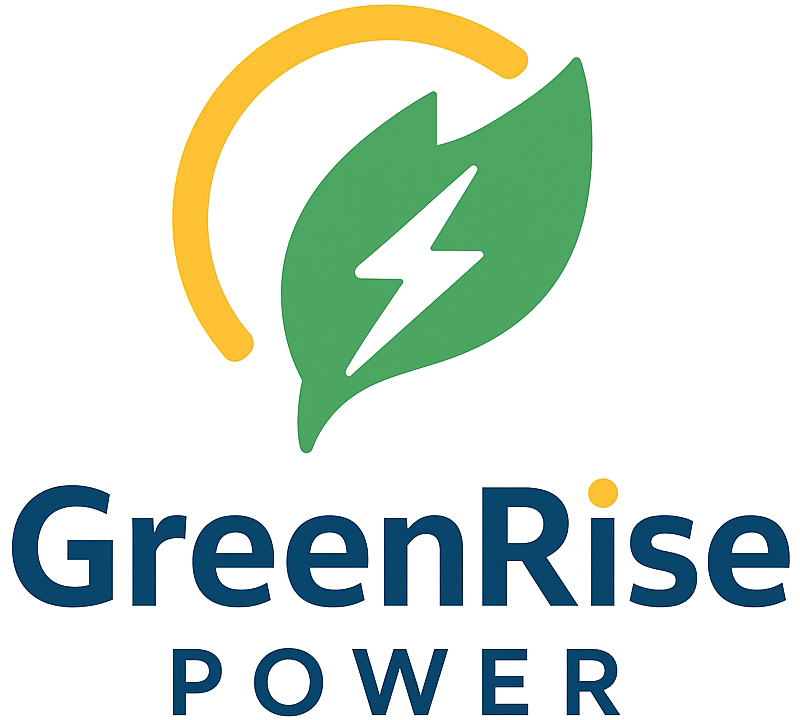Nigeria’s rivers have long supported agriculture, transportation, and daily life. Now, they’re becoming key players in the country’s renewable energy future. Small-scale hydropower systems offer a clean, reliable, and locally adaptable solution—especially for rural and agricultural communities.
Let’s break down how it works, why it matters, and what misconceptions we need to clear up.
How Small-Scale Hydro Systems Work
Unlike large dams, small-scale hydro systems—also called micro or mini hydro—generate electricity from flowing water with minimal environmental impact. Here’s how:
- Water Source: A river or stream with consistent flow.
- Intake: Channels water into a pipe or canal.
- Penstock: Directs water downhill to build pressure.
- Turbine: Water spins the turbine, converting kinetic energy into mechanical energy.
- Generator: Converts mechanical energy into electricity.
- Distribution: Sends electricity to homes, farms, or local grids.
These systems typically produce between 5 kW and 100 kW, making them ideal for off-grid villages and agricultural zones.
Benefits for Rural and Agricultural Communities
Small-scale hydro systems offer more than just clean energy—they empower communities:
- Reliable Power: Rivers flow year-round, providing consistent energy even when solar or wind conditions vary.
- Local Ownership: Communities can manage and maintain their own systems, fostering independence and resilience.
- Agricultural Support: Powering irrigation pumps, cold storage, and processing equipment boosts productivity and food security.
- Low Operating Costs: Once installed, maintenance is minimal and fuel costs are zero.
Regions like Benue, Niger, and Cross River are especially well-suited for these systems due to their abundant water resources.
Myth-Busting: Common Misconceptions About Hydropower
Let’s address a few myths that often hold people back:
Myth 1: Hydropower always requires a massive dam. Reality: Small-scale systems use natural flow and minimal infrastructure—no need for large reservoirs or displacement.
Myth 2: Hydropower harms aquatic ecosystems. Reality: Properly designed micro-hydro systems preserve river ecology and allow for fish migration.
Myth 3: It’s too expensive for rural areas. Reality: Costs have dropped significantly, and community-based models make installation affordable and scalable.
Ready to Harness the Power of Water?
GreenRise Power is exploring hydropower solutions that are sustainable, community-driven, and tailored to Nigeria’s unique geography. Whether you’re a local leader, farmer, or energy enthusiast, small-scale hydro could be your next big step.
